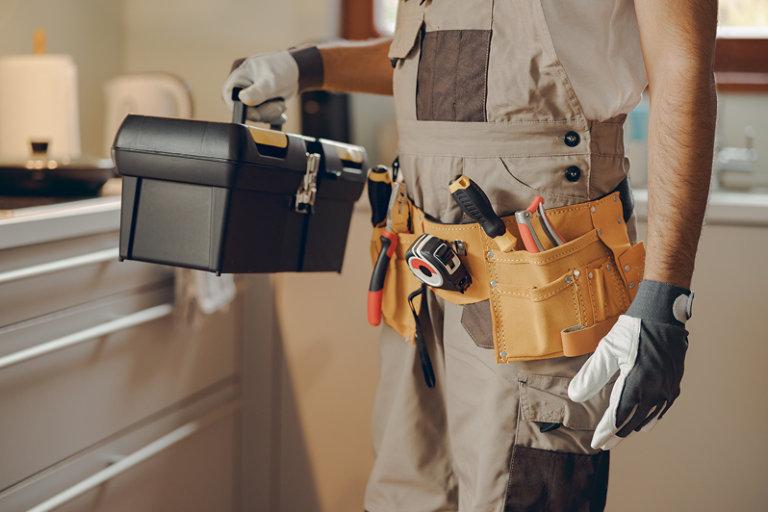The short answer:
No, but it does help.
Very few people can buy their first home ‘in cash’ and therefore rely on banks to help them make homeownership possible through taking up affordable credit. A home loan which is paid off over an extended period is both a reality and practical necessity for many first-time and repeat homebuyers.
Banks make it easier for first-time buyers to enter the market through the granting of 100% home loans, meaning that you might not be required to have a deposit available when applying for home finance. But the answer to the question posed isn’t a simple one to answer, read on to see why.
A deposit is useful because…
Although many banks do offer 100% bonds, it doesn’t mean that all applicants will automatically qualify for one. Banks take many factors into account when it comes to calculating how much credit they can offer you, the repayment term, and the interest rate charged over this period. Being able to put down a deposit of even 10% of the value of a property materially impacts the affordability calculation the bank does. In addition, you look like a less risky customer, and you’d reap the benefit of this over a twenty- to thirty-year period with a more competitive (i.e. lower) interest rate with funds for a deposit on hand.
If you’re able to put down cash as a deposit, this puts you in a stronger position as a buyer, showing the property practitioner and seller that you are serious about buying a property. This shows intent to commit to following through with the purchase process. Do be aware though, that some sellers force a deposit when making an offer on their property. You will find this documented in the Offer to Purchase (OTP), but it’s worth asking this upfront if you’re unsure.
Even if you do qualify for a 100% bond, it makes financial sense to put down as big a deposit as you can afford – because this will reduce your monthly instalment, reducing the pressure on your bank balance every month for what feels like forever.

But if you haven’t saved one yet…
That’s also okay, because being able to get a 100% bond is possible as a first-time homebuyer. This means that if you find your dream home and you can afford to pay it off with monthly home loan instalments, that can still be your reality. The process of taking an honest look at your finances, using GetGo’s home loan affordability calculator and then speaking to a Home Loans Specialist about completing a pre-approval is more important if you don’t have a deposit available.
A pre-approval from GetGo Home Loans takes a snapshot of your current financial situation and calculates how much additional debt you can realistically take on to finance a new home. This step is essential to minimise the possibility of future financial stress or frustration when applying for a home loan.
It is important to note that you will be required to pay the registration, transfer and bond costs before your home is transferred into your name, and you’ll need to have these funds available (on top of your deposit). To get an estimate of how much these are likely to be, use this calculator: Bond repayment and cost calculator.
How much should you save?
Banks recommend that you have between 10-20% of the property price to put down as a deposit. A deposit lowers the total amount of interest that you pay over the term of your loan. Using an example of a R1 million home loan repaid over 20 years at an interest rate of 11.75%, you can reduce the total amount repayable over the life of the bond significantly.
- Purchase price R1 million (R1 million bond, no deposit): Total amount repayable over 20 years: R2.6 million over 20 years.
- Purchase price R1 million (R800 000 bond, 20% deposit): Total amount repayable over 20 years:
R2 million.
Basically, by saving R200 000 upfront and putting this down as a deposit, you’re able to reduce the overall cost of your home over twenty years by R600 000.

What happens to your deposit?
You must indicate how much cash you have available to put down as a deposit when signing your OTP. Using this amount, you can calculate the difference between your purchase price and deposit – i.e. the size bond you will be applying for.
Once your offer has been accepted by the seller, you will have a few days to pay your deposit, not to the seller, but to the transferring attorney, who keeps these funds safe in an interest-bearing trust account. Your money will be secure there until the property transfer and registration process are complete. This money earns interest, which will be paid back to you after registration.
If your application for a home loan is declined for whatever reason, your deposit will be refunded to you. However, your OTP is a binding contract, and if you withdraw it for another reason, then you may be in breach of the contract, and you could forfeit your deposit.









































